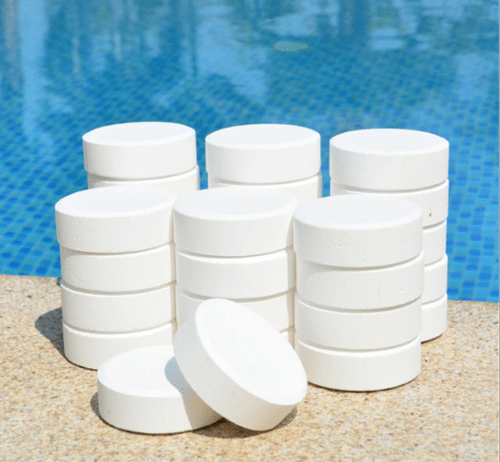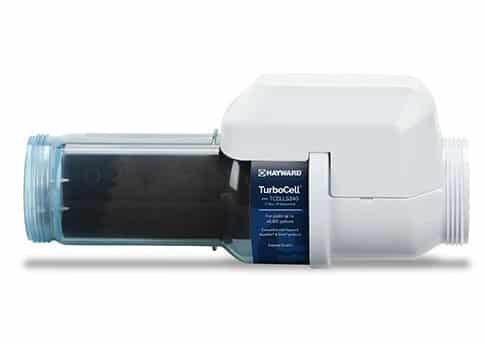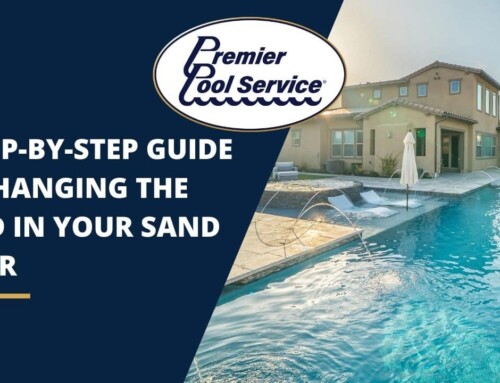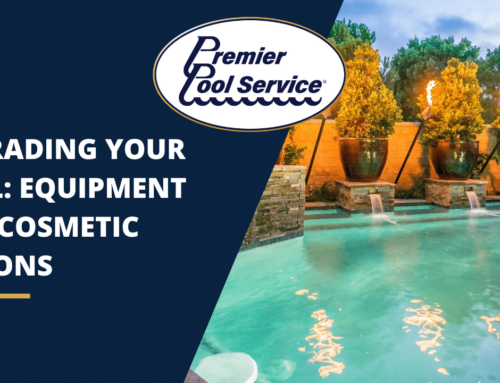The Pool Chlorine Shortage and Your Swimming Pool
Adding to the current challenges of construction shortages and manufacturing concerns, the recent fire experienced at the Bio Lab chlorine plant in Lake Charles, Louisiana has added yet another chink in the supply chain and has caused a Chlorine Shortage.
We understand that as a swimming pool owner, you rely on pool chlorine to maintain swimming pool health and pristine pool water. Here are a few suggestions to help you combat the pool chlorine shortage so that you can continue to enjoy your pool this season.
Stock Up
 Buying your chemicals in bulk is often recommended, and now more than ever, we recommend stocking up on chlorine. Stock up as soon as possible, to avoid a mid-season chlorine shortage scramble.
Buying your chemicals in bulk is often recommended, and now more than ever, we recommend stocking up on chlorine. Stock up as soon as possible, to avoid a mid-season chlorine shortage scramble.
Some forms of pool chlorine have a longer shelf life than others, such as granular chlorine. Granular pool chlorine (a.k.a. pool shock) can last up to five years if properly stored.
Keep your granular chlorine in a Zip-loc freezer bag so that it does not succumb to moisture from humidity.
Alternatively, individually wrapped chlorine tablets can last up to 36 months. Store yours in an air-tight container and keep it in an area that maintains a 50 to 70-degree temperature.
As long as you are able to store chemicals safely and appropriately, the pool chlorine shortage will not impact your summer fun.
Add Minerals
A pool mineral system provides an alternative method to sanitize your pool and can keep you swimming throughout the pool chlorine shortage.
Pool minerals typically include silver and copper, and sometimes limestone. Silver contains antibacterial properties, while copper is a known algaecide, Limestone assists with maintaining a neutral pH.
There are additional benefits to adding minerals to your pool. Your water will be softer and your pool equipment may last longer.
Minerals alone can’t fully sanitize your swimming pool. You will still need pool chlorine and additional chemicals to keep your pool in optimal condition. However, a mineral pool reduces the need for chlorine by approximately 50%.
Switch it to a Salt System

Although pool water chemistry checks are still necessary, it is likely that fewer adjustments will be needed. A salt cell disperses chlorine at a consistent rate when the pump is on. This will ensure less fluctuation in the chemical levels in your pool.
The drawback to incorporating a swimming pool salt system is that salt can be corrosive, and your pool’s metal components, such as ladders, handrails, and some internal parts, may need to be replaced sooner.
We hope this gives you some ideas on how to avoid pool chlorine shortages and maintain your swimming pool in this unusual and challenging environment.
If you need more assistance with your pool maintenance, or ideas on how you can keep your pool in tip-top condition, connect with your local Premier pool service provider, or utilize the form below. Premier Pool Service allows swimming pool owners to spend more time enjoying their pools and less time maintaining them.
Get a FREE quote
Looking to build a brand new swimming pool or add a spa or water feature to your existing pool? Check out our fantastic pool designs at premierpoolsandspas.com.



